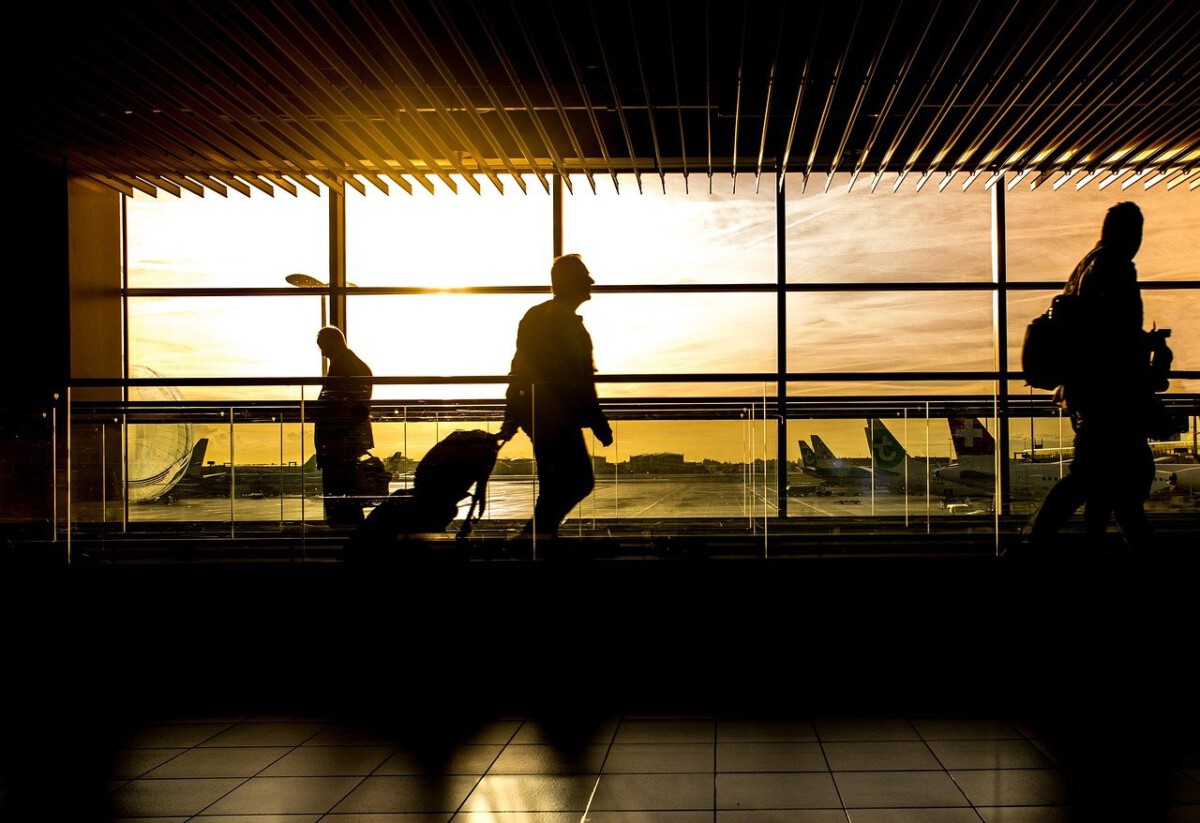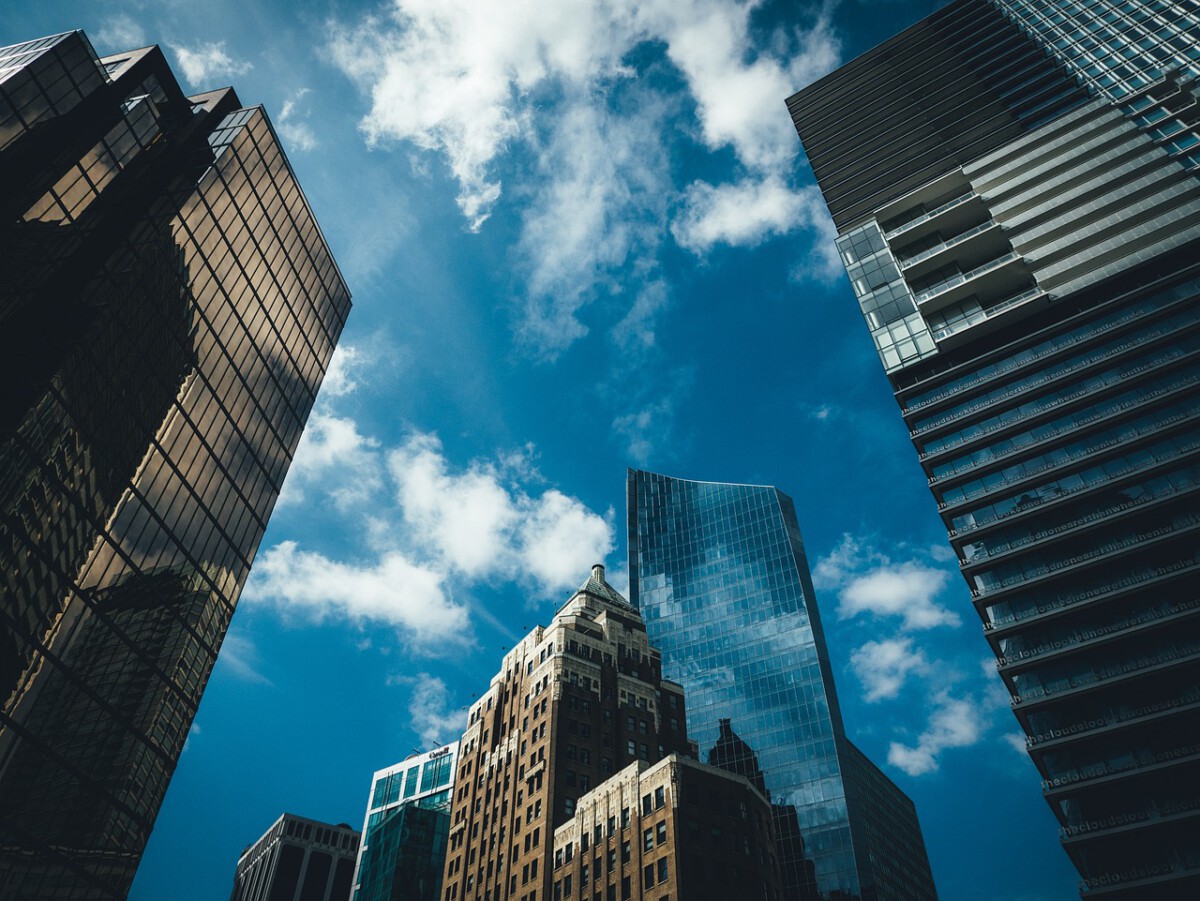Sunrise on the Tarmac

Imagine the thrill: the scent of jet fuel in the air, your passport snug in your hand, and the buzz of adventure tingling up your spine. But as you post that golden-hour airport selfie, a twist of anxiety sneaks in. Will someone judge you for this trip? It’s a strange moment—travel, once celebrated, now feels a bit like stepping into a spotlight with critics waiting in the wings. The world is opening up again, but suddenly, every getaway comes with new eyes watching. There’s a tension in the air, as real as the pre-flight butterflies in your stomach. You’re not alone if you’ve ever hesitated before sharing your travel plans online. Welcome to the era where travel shaming is roaring back—and it’s changing how we chase our bucket list dreams.
What Is Travel Shaming

Travel shaming isn’t just a modern buzzword—it’s a real, biting experience for many globetrotters. It happens when others criticize, question, or outright attack someone’s decision to travel, often publicly, and often on social media. Maybe it’s a friend side-eyeing your trip to Bali during the rainy season, or strangers online calling you out for flying to Paris last summer. Sometimes it’s about the destination, sometimes about the timing, and sometimes, it’s just about the privilege of going at all. **People are quick to judge, and the reasons can be complicated—concerns about the environment, health risks, or even cultural sensitivity.** The result? Guilt, defensiveness, and a hesitation to share the very adventures that make us feel alive.
Social Media and the Judgment Game

Scroll through Instagram or TikTok, and the evidence is everywhere: travel shaming is trending. Photos of luxury resorts or crowded tourist sites often attract snarky comments instead of “likes.” There’s a strange pressure to look responsible, humble, and eco-friendly, even if you’re just sipping street chai in Jaipur. **Social media doesn’t just document our travels—it magnifies and multiplies the criticism.** A single tweet can go viral, turning someone’s private escape into a public debate. For many, this changes how and what they share. Travelers now craft captions with disclaimers, or quietly leave photos in their camera roll, never posted. The world is big, but the internet is even bigger—and it never forgets.
When Travel Turns Guilty

There’s something heavy about packing your suitcase with excitement, but also with guilt. Maybe it’s the worry about your carbon footprint, or the thought that your money could be better spent elsewhere. Sometimes, it’s the fear of looking “out of touch” while others stay home. **Travel shaming can sap the joy out of planning, making you second-guess every decision.** It’s not just about online criticism—friends and family might question your judgment, too. I still remember the weird ache in my chest when a friend said, “Must be nice,” after I showed her photos from Iceland. Travel is supposed to be freeing, but suddenly, it feels like a test you can fail.
The Green Travel Dilemma

A lot of travel shaming is rooted in real concerns about the planet. Flights pump out carbon emissions, and popular destinations groan under the weight of too many tourists. There’s a push to “travel better,” but what does that even mean? **Responsible travel is more than a trend—it’s a necessity.** Consider choosing trains over planes when possible, or offsetting your flights with environmental donations. Travelers can research the best times to visit (shoulder season is often kinder to local communities and the environment), and seek out locally-owned accommodations. Every little bit helps, but the truth is, no trip is perfect. The key is to **learn, adapt, and make mindful choices**—not just to avoid shaming, but to genuinely care for the places we love.
Who Gets to Travel

Travel shaming often shines a harsh light on privilege. Not everyone can afford that week in Santorini or the time off to hike Patagonia. Social media sometimes makes it seem like travel is for the lucky few, and everyone else is left watching from the sidelines. **But every journey is valid—whether it’s a road trip to a neighboring city or a once-in-a-lifetime trek across continents.** Comparing one adventure to another only fuels resentment and division. The travel community is more vibrant when it’s diverse. Instead of judging, why not cheer each other on? Every story, every snapshot, adds to the tapestry of human exploration.
The Emotional Side of Shaming

Travel is deeply personal—a sensory feast of new sights, sounds, and feelings. But when shaming enters the picture, it can taint those memories with guilt or embarrassment. I’ve seen friends delete photos, shrink their stories, or stop sharing altogether. **The joy of discovery gets buried under a pile of “shoulds” and “what will people think?”** This emotional toll isn’t always visible, but it’s real. It’s okay to feel proud of your adventures, to savor the taste of unfamiliar spices or the hush of dawn at Machu Picchu. Let’s reclaim the right to wander and wonder, free from the weight of others’ judgments.
Travel with Intention

What does it mean to travel responsibly, especially when shaming is everywhere? Start by being honest about your impact and choices. **Research local customs before you go—like covering up at temples in Thailand or tipping etiquette in Italy.** Support small businesses, eat local, and leave places better than you found them. Sometimes, the best travel experiences are the simplest ones: sharing a meal with a family in Morocco, or volunteering at a turtle sanctuary in Costa Rica. Intention transforms travel from a checklist into a conversation—a way to connect, not just consume.
Changing the Conversation

It’s time to flip the script. **Instead of shaming, let’s inspire and educate.** Share your travel hacks for reducing waste or your favorite ethical tour operator. Talk openly about challenges—like navigating crowded spots in Venice or finding sustainable souvenirs in Bali. Celebrate the missteps and the magic moments alike. When we support each other, travel becomes a force for good, not something to hide or defend. The world needs more curious, compassionate explorers—not silent, shamed ones.
Your Next Adventure Awaits

The world is wide, and your bucket list is yours alone. The next time you dream up a trip—whether it’s chasing the northern lights in Norway or tasting fresh mango on a Bangkok street—remember, you don’t need permission to explore. Pack your bag with curiosity, respect, and a little courage. **Travel isn’t just about the places you go; it’s about how you show up—open, humble, and ready to learn.** Who knows what you’ll discover, or who you’ll become, when you step out your door?






